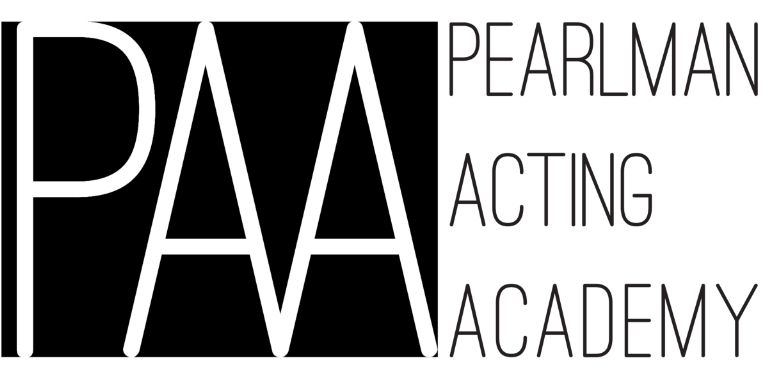You’ve all heard it enough: This business is competitive. You’re rejected by people who matter on a daily basis.
This however, does not mean that you have to accept every single job you’re offered. This can seem extremely counter-intuitive, particularly if you’re newer to the business or if you’ve gone a long time between jobs.
Making the decision of whether or not to do that tenuously written short film, or to act in that derivative web series, or to engage in a shoddily produced summer production of “The Taming of the Shrew” isn’t just about damaging your brand or your reputation. Those things matter of course, and should be thought about. By saying yes to a project that…hell, you just don’t feel good about, allows you to set the bar lower for yourself and for what you’ll accept professionally.
In the summertime, actors often find themselves saying yes to a project that they wouldn’t normally accept, because it’s slow and there’s this mythology that truly committed actors will act in anything they’re given a chance to be in—particularly if their résumé is light. Truly committed actors will act at any given chance by virtue of their deep love of the craft, right?
No.
Truly committed actors have taken the time to foster a realistic understanding of the business and they get that there’s a lot of crapola produced, a lot of stereotyped roles written, a lot of fear-motivated productions, and a lot of people scrambling around in the dark.
Truly committed actors honor their commitment to acting and have the good sense that it could be extremely damaging to their love of acting, their love of the craft, to align themselves with such people. Acting is fun. The fun starts when you work on projects that you find fun, not when you sign on to projects that suck the joy of this career choice from you.
Plenty of naysayers of course do abound, saying things like, “I’m not at a point in my career where I have the luxury of saying no.”
My response to that is: What if you are?
By saying no you propel yourself to the career you want now. You’re all probably familiar with the expression of God shutting doors and opening windows. By shutting that door yourself, you’re now forced to open a window, even if it means finding a damn axe and breaking through a wall.
If your thought process is “It’s slow (or I haven’t booked in over a year), I should just accept this role (that I don’t like or connect to) in this production (that I don’t like or have faith in) because I’m an actor and I need to act,” then you should have the courage to turn it down and go create an opportunity for yourself. This could mean writing a part for yourself, producing something you do care about, or reaching out to casting offices that you have relationships with—or any of the proactive endeavors that keep actors busy and their sense of personal integrity intact.
From a more logical standpoint, if you don’t connect to a role when reading a script, chances are, you won’t connect to it in the room, either, or perhaps even on set when it matters. You will have spent your time and production’s time on the audition when neither was necessary.
Your representation may fight you on your choices to turn down an audition. They are working day in and day out to get you in any room. But don’t be afraid to say no. If you are uncomfortable auditioning for a prank show because you think they’re mean, try to fathom how violated your personal values would feel to actually be a paid performer on a prank show—where being mean would be a requirement. Just say no. If you don’t identify with science fiction and aliens, just say no.
A role that is better for you will definitely come along, and you won’t have to force yourself to start from square one reading about science fiction worlds and rules. I promise you there are actors who already know and love everything sci-fi. Let them have that role. Yours is just down the road if you wait a bit.
“No” is just information. Think of it as equal to “yes,” which is just information, too. When someone else books a role you auditioned for, it’s not a “no” for you, it’s a “not yet.” Or a “not this one, but another one.” Same if you say no to a project. “Not this project, but another one that I’m more passionate about.”
Still, in this business, you’ll hear the expression “work is work”—an expression that I like to think of as an excuse for not having the courage to have the career you really want.
“Work is work” orbits around the notion that acting is a tough career choice. There aren’t enough jobs to go around, so why would anyone turn down work?
Even when you’re a nobody in this business, you still need to give careful consideration to the project that you attach your name to, the roles you agree to play, and the ways that you allow yourself to be portrayed.
As Arthur Miller reminded us in “The Crucible,” as John Proctor: “Because it is my name! Because I cannot have another in my life!”
This article was originally posted on Backstage

